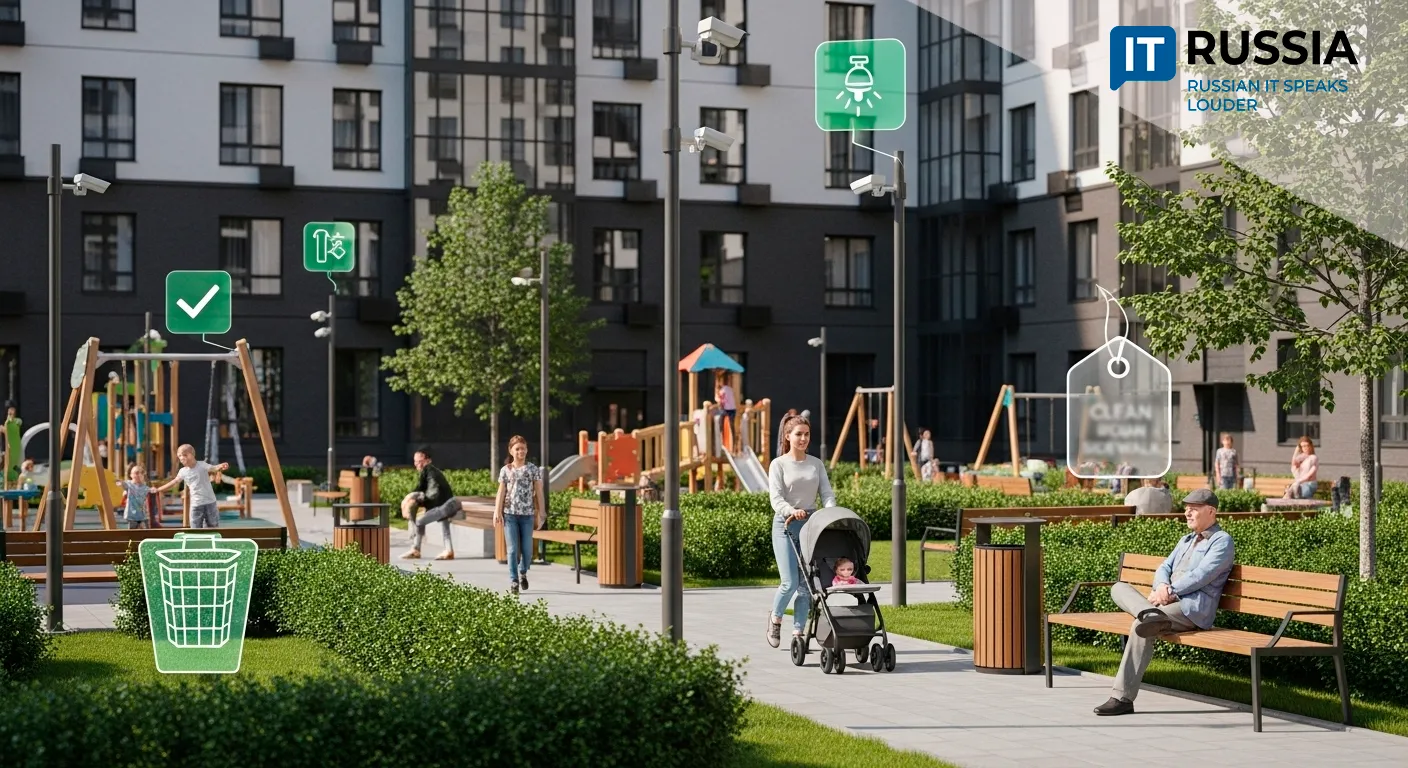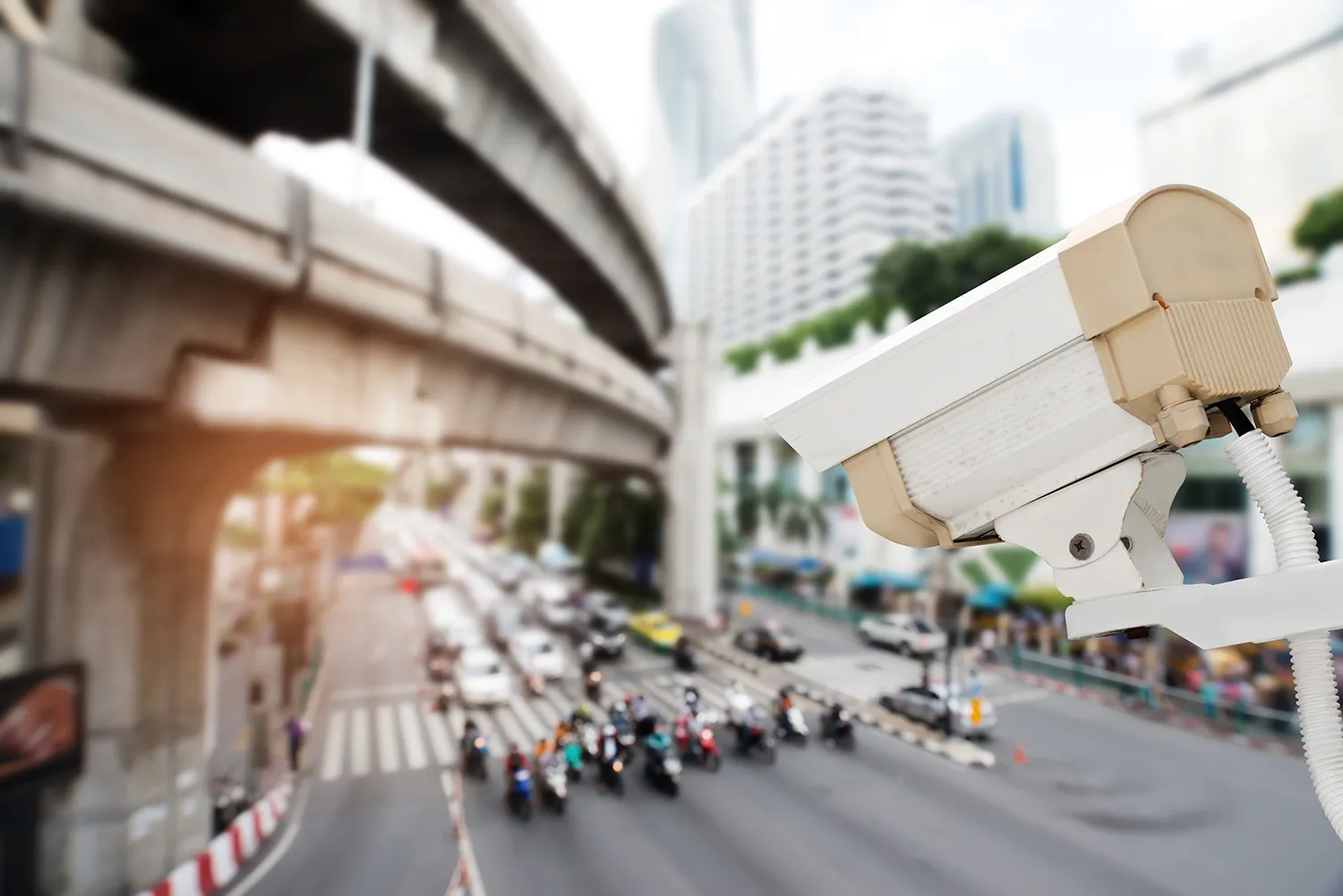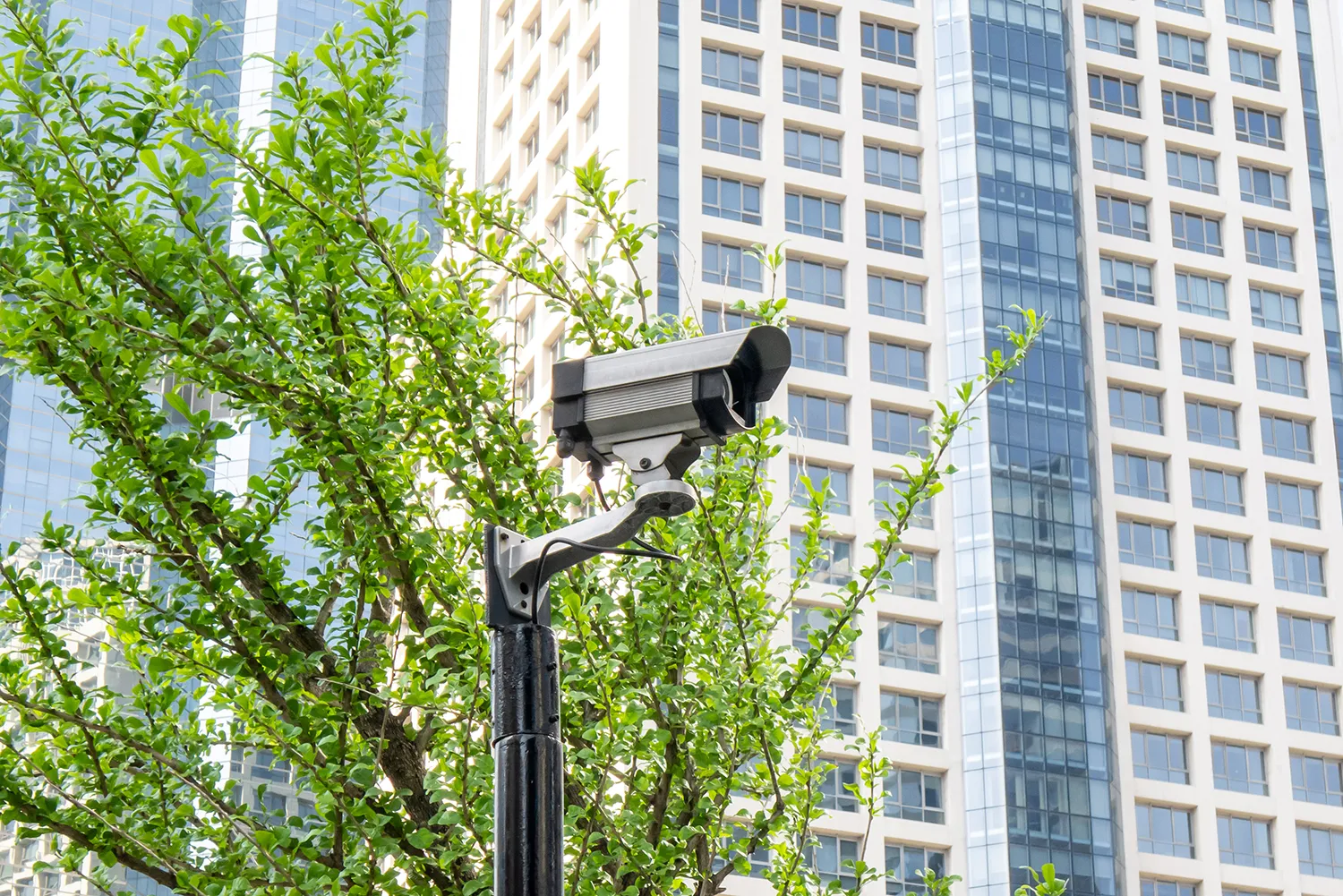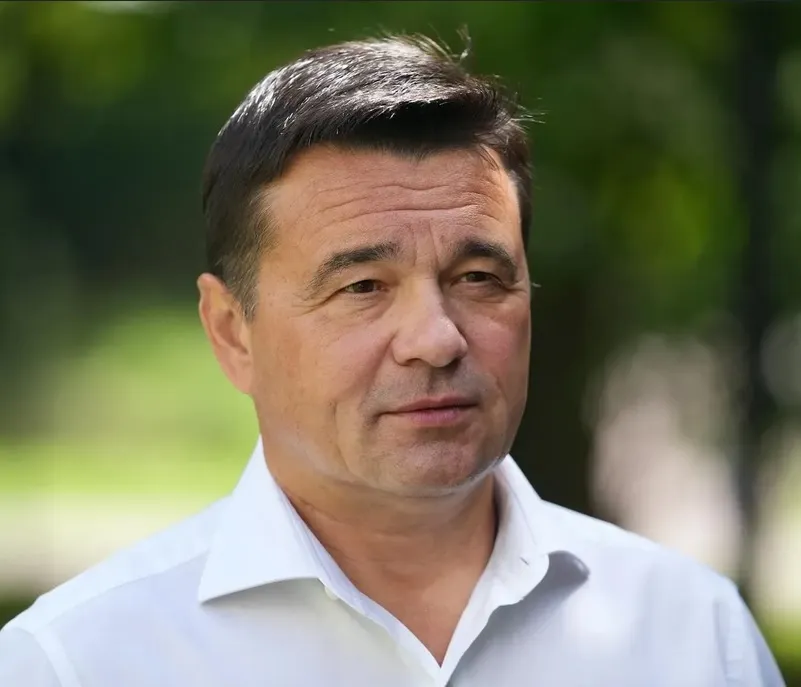‘Clean Territory’: How AI Transformed Public Spaces in the Moscow Region in Just Two Years

An AI-powered system in the Moscow Region is redefining smart urban infrastructure—cleaning up public spaces, cutting citizen complaints, and proving the value of intelligent monitoring.
Smart Surveillance for Urban Cleanliness
Launched in August 2023, the AI-powered ‘Clean Territory’ system has become a key tool for monitoring and maintaining order across residential areas in the Moscow Region. Connected to the region’s Safe City camera network, the system has helped eliminate over 215,000 issues—from overflowing trash bins and graffiti to broken streetlights, road damage, and illegal parking near waste collection points.
Resident complaints have dropped by 28% since implementation. What began with just 1,700 cameras now includes over 67,000, automatically analyzing 7,700 courtyards and 2,400 trash collection zones each day. The AI system detects 14 types of violations and assigns them directly to municipal service teams.

The result? Cleaner spaces, better lighting, improved access for waste vehicles, and fewer bureaucratic bottlenecks for authorities.
From Pilot to Scalable Urban Platform
The evolution of ‘Clean Territory’ has been rapid. Originally deployed to catch basic violations like garbage and faulty lighting, its success spurred major expansion. By 2024, the system was upgraded to 21,000 cameras and equipped with parking detection features. Vehicles blocking access to dumpsters for over 10 minutes now trigger automated license plate recognition and fines—cutting such violations by 40%.
By 2025, with 67,000 cameras online, the neural network began identifying more nuanced issues—cars on lawns, illegal dumping of bulky waste, and cleanliness of playgrounds. While other cities like Kazan and Murmansk have piloted similar AI tools, no other region has matched the depth and integration seen in Moscow Region’s implementation.
Toward a National Standard in Smart Monitoring
The success of ‘Clean Territory’ is paving the way for nationwide replication. Future updates aim to introduce predictive capabilities—anticipating container overflow and icy sidewalk conditions before they become complaints.
The initiative is being positioned as a core part of the upcoming Federal AI Development Center, where regional best practices will be collected and scaled. Governor Andrei Vorobyov has publicly supported this transition, identifying ‘Clean Territory’ as a flagship candidate for national deployment.
Even beyond Russia, the system has export potential. Countries across the CIS facing similar urban management challenges could benefit from a ready-made, localized solution.

AI as a Partner in Urban Quality of Life
With over 215,000 urban issues resolved in just two years, ‘Clean Territory’ shows that AI can be more than a futuristic promise—it’s already improving real lives. By transforming AI from a passive observer into an active ally, the system delivers real-time improvements to safety, cleanliness, and municipal efficiency.
As the technology matures, similar smart surveillance platforms may become standard across major Russian cities, reshaping how governments and residents interact with urban space.










































